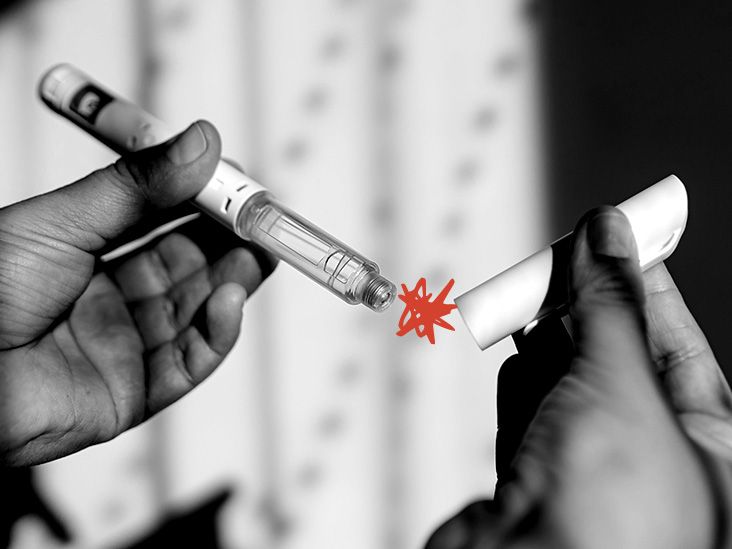Doctors may recommend that people with interstitial cystitis avoid foods that can trigger symptoms. This includes foods and beverages that are acidic, spicy, or high in alcohol.
Interstitial cystitis is a chronic condition that causes pelvic pain and issues with bladder movement.
Experts
For this reason, no single diet will suit everyone with interstitial cystitis, but certain foods may trigger or worsen symptoms and flare-ups for some people.
Health experts
This article discusses a range of foods a person with interstitial cystitis may consider avoiding. It also explores foods that people with interstitial cystitis may be able to include in their diet.
Nutrition resources
For more science-backed resources on nutrition, visit our dedicated hub.

Research suggests that consuming some acidic fruits may
The following fruits are acidic and may worsen interstitial cystitis symptoms:
As with some fruits, a person may also need to limit or avoid consuming some vegetables if they affect symptoms of interstitial cystitis.
According to the Interstitial Cystitis Association (ICA), the following vegetables may aggravate a person’s symptoms:
If a person has a milk allergy or lactose intolerance, their interstitial cystitis symptoms may worsen when they drink milk and eat dairy products.
According to the Urology Care Foundation (UCF), people with interstitial cystitis may consider avoiding:
According to a
Certain fruit juices, such as pineapple, orange, and grape juice,
People with interstitial cystitis may need to limit their consumption of:
- certain types of tea
- alcohol
- tomato juice
- energy drinks
- cranberry juice
- chocolate milkshakes
- coffee
- carbonated drinks, such as soda
Some spices and condiments in cooked foods
Foods containing some spices and condiments may not be helpful for people with interstitial cystitis. Some examples include:
- chili
- vinegar
- ketchup
- soy sauce
- horseradish
- salad dressings
- Worcester sauce
Foods containing artificial sweeteners, including added and refined sugar, may trigger or worsen interstitial cystitis symptoms.
Many products contain artificial sweeteners and additives such as monosodium glutamate. Examples include:
- candies
- cakes
- ice cream
- baked goods
- protein powder
- sweetened drinks
- processed meats
- fast food
Foods and drinks that trigger interstitial cystitis symptoms vary between individuals. People with interstitial cystitis should speak with a healthcare professional to assess their diet and identify what may be triggering their symptoms.
The ICA notes that people with comorbidities, such as irritable bowel syndrome and constipation, may need to consider additional dietary modifications. A doctor or dietitian can evaluate a person’s symptoms and support them with making beneficial nutritional choices.
According to the ICA and UCF, a person with interstitial cystitis may be able to include the following foods and beverages in their diet:
| Fruits | avocados, pears, blueberries, apricots, bananas, prunes, apples, dates, cucumber, raisins, melons, such as honeydew and watermelon |
|---|---|
| Vegetables | asparagus, beets, broccoli, Brussels sprouts, cabbage, carrots, green beans, cauliflower, celery, turnips, zucchini, spinach, squash, bell peppers, eggplant, mushrooms, peas, potatoes, radishes, beans |
| Proteins | eggs, nuts, fish, lean meat and poultry |
| Grains | oats, rice |
| Beverages | water, peppermint tea, chamomile tea |
Interstitial cystitis is a chronic condition that can cause significant discomfort. Certain foods and beverages in a person’s diet may trigger or worsen their symptoms.
A healthcare professional can help a person identify and avoid foods and drinks that trigger interstitial cystitis symptoms so they may better enjoy their meals. People can also speak with a healthcare professional for further guidance about interstitial cystitis.


